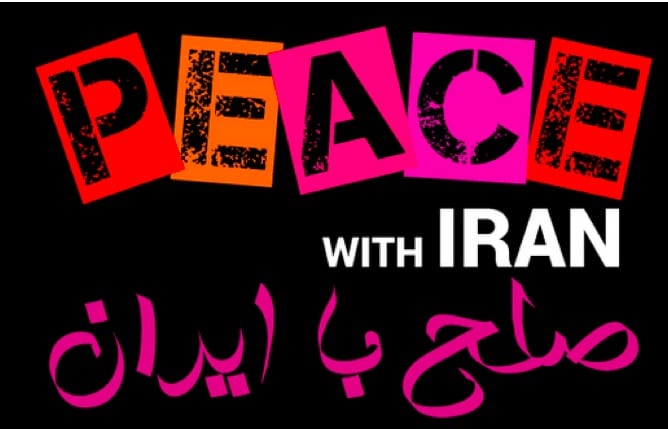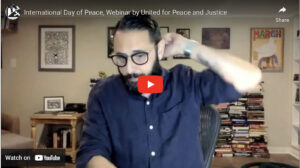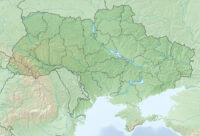by Leila Zand, Code Pink
On June 18, Iranians will cast their votes for their 13th presidential election since the Islamic Revolution of 1979. Whatever the result might be, this election will have one loser: the people of Iran. A resilient nation that has been suffering from the most severe and crippling economic sanctions ever used against any country to this day, while, like the rest of the world, Iran’s economy has been shattered because of the pandemic.
No doubt that the pandemic and sanctions are not the only reasons for the unbearable economic situation of Iran. Rather, mismanagements and institutionalized corruption are important reasons as well. Nonetheless, a large part of the current devastating condition is the result of the Maximum Pressure Campaign designed by the Trump administration. Trump’s unilateral withdrawal from the successful Joint Comprehensive Plan of Action (JCPOA) in 2018 that followed by the implementation of the Maximum Pressure Campaign marks the beginning of such suffering for the people of Iran.
While it is difficult to call the Maximum Pressure Campaign a policy at all, it is easy to point at it as a failure to reach what it was planned for. The Maximum Pressure Campaign was said to be planned to force Iran’s government to change its malign activities, according to Pompeo. Nonetheless, it is known that the main objective has been the regime change in Iran by its people.
The idea was to use the economic tool to keep the people of Iran devastated and hungry to the point that they revolt against their own government and topple the regime. In other words, the plan was to use economic terrorism, as Javad Zarif called it, to push the Iranian people to make the change desired by Netanyahu, Pompeo, and Kushner. The result however has been very different. The revolt that was expected by the Trump administration didn’t take place. Rather the people of Iran have suffered through and decided to keep silent to prevent foreign aggression.
The maximum pressure campaign only has weakened Iran’s democratic movements and has created a loss of hope in the nation. In other words, the result of the maximum pressure campaign is being revealed now, a week before the presidential election. Whereas, unlike any other previous elections, there is no enthusiasm among people. No hope for a change for the better.
According to a new poll a large percentage of Iranians are disappointed with the current moderate president, Hassan Rouhani, and see his economic policy as a failure. This view compels the people to support critics of Rouhani. The opposite party. The Osul-Garayan (Principlists). Principlists in a historical context, are shown to be more conservative in social and cultural policies. They intend to have more constraints over social movements, suppressed press, and democratic progress. Principlists often encourage further religious control over society and culture. As it is obvious to many Iranians, the Principlists are not the best options for Iran’s social, cultural, and democratic progress.
Hence, what Trump did in 2018 by unilateral withdrawal from the successful JCPOA, only created negative impacts on one of the largest and powerful nations in the chaotic region of the Middle East. Instead of empowering people, the US policy toward Iran has empowered the conservatives who have historically controlled and suppressed women’s power, labor’s power, minority power, and in one glance the People Power.
There is only a week to the election, and many Iranians remain undecided to vote, while conservative candidates are most popular only because they harshly criticize Rouhani, and reformists’ “naivety” to trust the U.S.
Having said that, it is important to know that a critic of the Trump administration is not going to wash out the problems with the election process in Iran by any means. Iran as a relatively new republic with only 40 years of voting experience has lots of problems to deal with. For one, the Guardian Council, the powerful entity who approves “eligible” candidates who pass the “constitutional qualifications” only through a harsh vetting process. Since the agency leans toward the conservative fraction of the Nezam (system) it often disregards reformists nominees. However, it never made decisions as it did this year.
This year, the Council did not approve any reformist candidate to run for the presidency. I believe this year the Council finds it easier to dismiss Reformist candidates due to the unpopularity of Rouhani as a reformist president. While the majority of Iranians are critical of the Guardian Council for not approving any reformist candidates, they do not feel comfortable to support reformists either.
Many Iranians see the unpopular Guardian Council decisions have been hand in hand with the Maximum Pressure Campaign to kill hope for a nation. In other words, the collapse of JCPOA in 2018 has been the best gift for the conservatives and a beginning to an end for the reformists. As an Iranian American, I only wish this weekend’s talks in Vienna make the move into JCPOA possible. Revitalizing JCPOA can bring back not only prospects of peace and tranquility for everyone in the region and the US as well, but also might bring back a better perspective for the democratic movements in Iran.



